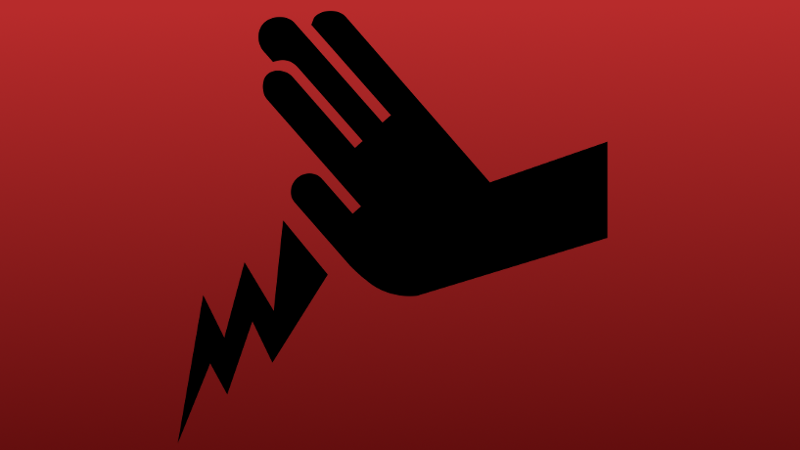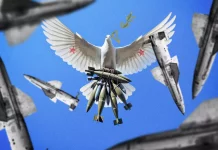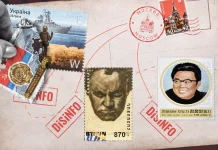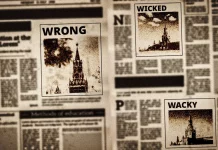
Roscomnadzor, Russia’s state media and Internet watchdog, might soon be able to cease the registration of websites in the .ru and .рф domain zones without a mandatory court order. This would broaden the institution’s powers, allowing it to make websites unavailable not only for Russians, but also for users outside Russia.
Spokesperson for Roscomnadzor Vadim Ampelonsky confirmed to Slon news website that the watchdog was moving towards greater blocking capability. Earlier, pro-government daily Izvestia reported that Roscomnadzor’s potential new mandate would be up for discussion at a meeting of the Russian censor’s representatives with Communications Ministry officials and representatives of Russia’s national domain coordination center, which enforces registration rules in the Russian domain zones .ru and .рф (the Cyrillic Russian domain zone).
Gaining this broader mandate from the Kremlin would allow Roscomnadzor to exercise extrajudicial powers to make websites unavailable in full by seizing registration privileges for a particular domain name, thus restricting access for users both in Russia and abroad.
At present the government watchdog has the right to blacklist website and page URLs for users in Russia, which means the websites themselves remain functioning and their content is still available to users outside Russia (and to Russians using circumvention tools to access blocked resources). The URLs containing materials deemed illegal are reported to Roscomnadzor by various other state institutions monitoring the RuNet. The Internet watchdog typically warns the website’s administrators about the complaint and then, if the offending content is not removed, adds the website to the blacklist. Thousands of websites, including YouTube and Wikipedia, have at some point in the past three years landed on the blocked websites registry.
By Tetyana Lokot, Global Voices





